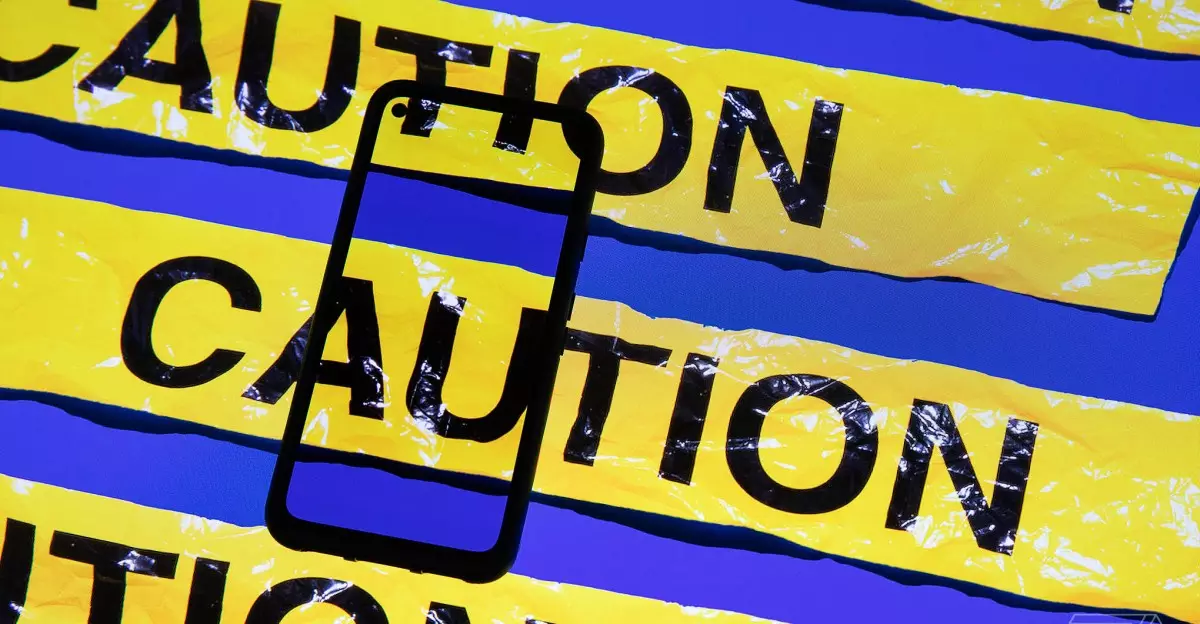In an alarming revelation, a cybersecurity breach at TeleMessage, an Israeli software provider, has brought to light the vulnerabilities inherent in the communication channels used by government officials. As reported by 404 Media, hackers gained access to private messages and contact details embedded within the software, which modifies popular messaging platforms like Signal and WhatsApp to accommodate government use. The stakes of this breach extend beyond mere data theft; they signal a potential for compromised operational integrity within sensitive governmental frameworks.
Questionable Encryption Practices
TeleMessage’s core offering is the ability to archive chats securely from messaging platforms. Ironically, their lax approach to encryption has exposed a significant flaw—archived messages were not end-to-end encrypted. This glaring oversight allowed hackers to infiltrate the system and harvest critical data, including contact details and login credentials. It’s baffling that, in an age where encryption and data protection are paramount, a service marketed to officials in sensitive positions could boast such a significant security gap.
The Consequences of Exposed Data
The fallout from this breach could be grave. While the hacker reportedly did not obtain messages from high-profile figures such as former National Security Advisor Mike Waltz, they did lift a slew of personal information from other officials, including names, phone numbers, and email addresses. For instance, 404 Media’s painstaking verification process revealed that some of the provided contact numbers still corresponded with individuals whose identity matched stolen data. This revelation raises serious concerns about privacy and the potential exploitation of sensitive government communications.
Public Scrutiny and Accountability
The incident sheds light on the scrutiny surrounding government officials and their choice of communication tools. Notably, the increased examination of these tools came to a head earlier this year when Waltz mistakenly added The Atlantic’s editor-in-chief to a military chat group. Such lapses in protocol highlight the fragile balance between confidentiality and operational transparency that government officials must navigate. In a digital age where safeguarding information is a top priority, tactical missteps like these can have far-reaching consequences, eroding public trust in government operations.
The Response: A Digital Scrub or A Sincere Effort?
In the aftermath, TeleMessage scrambled to mitigate the damage, reportedly purging its website of details about its services. This move can seem more like an attempt to erase traces of the breach rather than addressing the root causes of their security failures. By disregarding proactive security measures and transparency, the company has not only put government officials at risk but has exposed itself to significant reputational damage. Consumers and officials alike will be left pondering whether trusting third-party providers for sensitive communications is a calculated risk or a colossal gamble that could cost them dearly.
In essence, the TeleMessage data breach is a wake-up call for both individuals and institutions. It emphasizes the need for stringent security protocols, stringent oversight of third-party services, and ultimately a reevaluation of how sensitive information is managed in a world that thrives on digital communication.


Leave a Reply